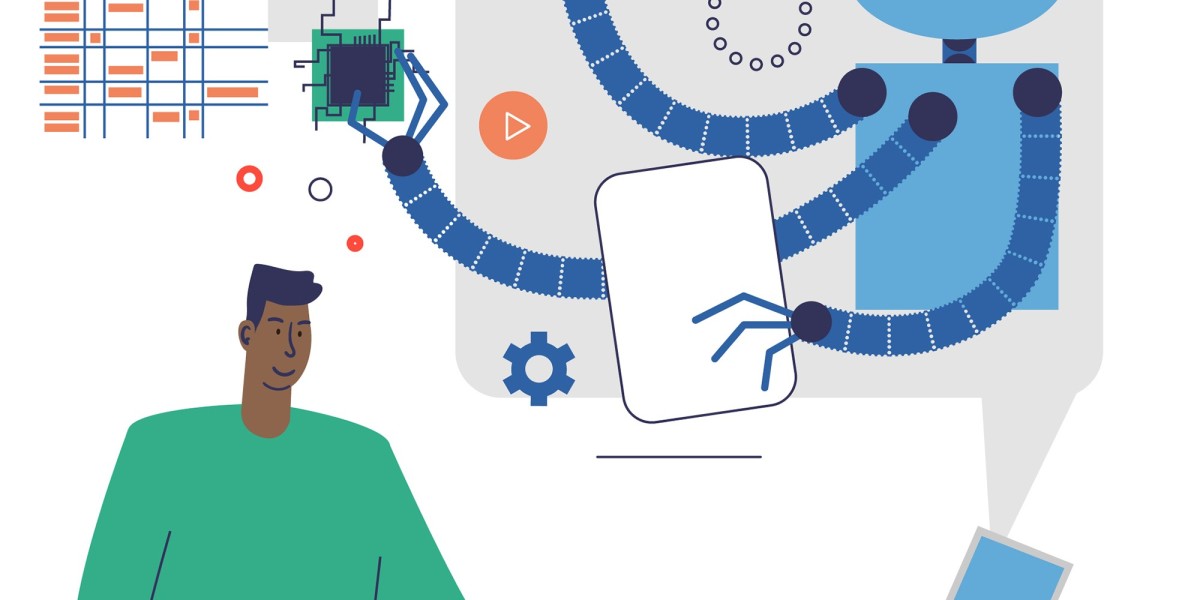In the fast-paced world of B2B software, keeping up with innovation and delivering high-quality products is crucial for success. But thorough testing, a cornerstone of quality assurance (QA), can be a bottleneck. This is where autonomous testing steps in, offering a transformative approach for B2B companies.
What is Autonomous Testing?
Autonomous testing leverages Artificial Intelligence (AI) to automate the entire testing process. Unlike traditional test automation, which relies on pre-defined scripts, autonomous testing utilizes AI algorithms to:
- Learn and adapt: It analyzes user behavior, system functionalities, and past test results to continuously refine testing strategies.
- Generate test cases: The AI can create comprehensive test scenarios covering a wider range of user interactions and edge cases compared to manual efforts.
- Self-heal and maintain: When code changes occur, the AI can automatically adjust test cases to ensure continued functionality, eliminating the need for constant script updates.
Benefits for B2B Businesses
Autonomous testing offers a compelling value proposition for B2B companies:
- Faster Time-to-Market: By automating repetitive tasks and accelerating testing cycles, businesses can release new features and updates quicker, gaining a competitive edge.
- Enhanced Quality: AI-powered testing can uncover intricate issues that might be missed by manual testers, leading to more robust and reliable software.
- Reduced Costs: Automation frees up valuable QA resources, allowing them to focus on more strategic tasks. Additionally, the reduction in manual effort leads to overall cost savings.
- Improved Scalability: Autonomous testing can easily scale to accommodate the growing complexity of B2B applications without requiring additional human resources.
Considerations for B2B Implementation
While autonomous testing offers significant advantages, B2B companies should also consider these factors:
- Maturity of the Technology: Autonomous testing is still evolving. While highly effective for specific tasks, it might not completely replace human expertise in complex B2B software landscapes.
- Data Requirements: Training AI models requires a vast amount of data. B2B companies need to ensure access to sufficient, high-quality data to train the system effectively.
- Integration with Existing Processes: Integrating autonomous testing with existing QA workflows and tools might require adjustments and additional training for personnel.
The Future of B2B Testing
Autonomous testing is poised to revolutionize B2B software development. By leveraging AI's power to automate tasks and optimize testing strategies, B2B companies can achieve faster delivery, superior quality, and significant cost savings. As the technology matures and integrates seamlessly with existing workflows, autonomous testing will undoubtedly become an essential tool for B2B success.



